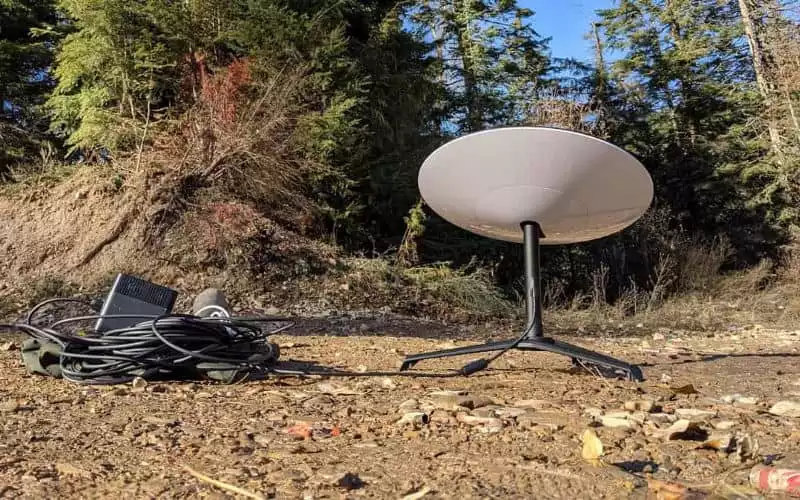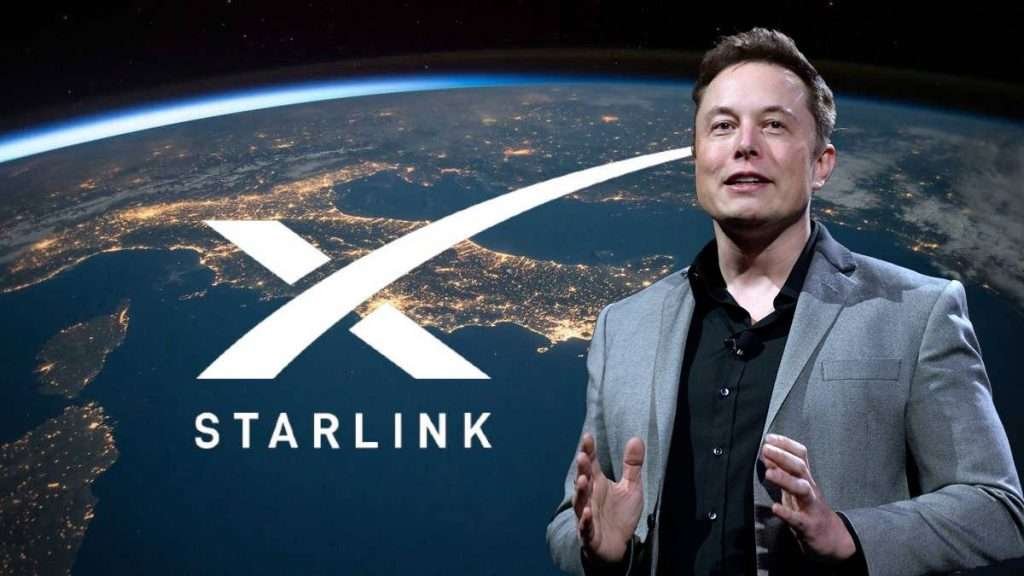Despite the absence of authorization from the ANRT, tourists and businessmen visiting the kingdom are starting to use the Starlink satellite Internet access technique, from billionaire Elon Musk, which offers a new global roaming offer for 200 dollars.
Elon Musk’s Starlink satellite Internet access arrives in Morocco, but this time through its new global roaming subscription offer “Starlink Roam” which allows its users to take their antenna wherever they want and, thus, benefit from a high-speed Internet connection everywhere.
Although the operator Starlink does not have authorization from the ANRT for the marketing of its access offer, its satellite solution has covered a large part of the countries on the African continent since 2023, including Morocco.
Starlink Can Be Used In Morocco
Technically, a Starlink subscriber in Europe, the United States, and Africa can connect to global roaming through their Starlink antenna by paying $200 per month. Indeed, the “Starlink Roam” subscription allows access to the largest constellation of satellites (Low Earth Orbit) deployed in low Earth orbit to provide broadband Internet connectivity capable of supporting streaming, gaming online, and video calls.
Concretely, with Starlink access, tourists and businessmen wishing to stay connected during their trip to Morocco have speeds ranging between 50 and 150 Mb/s for download and between 10 to 20 Mb/s for upload. These flows are well above the very high-speed threshold set at 30 Mb/s download speed.
To take advantage of the operational roaming offer in Morocco, the subscriber must simply bring with him his $500 equipment kit which includes a tripod and a large aperture parabolic antenna, easy to transport even when traveling by land or Aerial.

Starlink Roam Service
This roaming offer targets businesses and professionals who travel regularly and can be used by two antennas. Either the normal subscription antenna at $500 or the antenna called “Terminal Flat High Performance” is marketed at a high price of $2,500. This second choice of antenna allows for a permanent installation on a moving vehicle with the advantage of resistance to difficult environments.
Certainly, Starlink technology poses a problem for Morocco’s internal security due to data capture, nevertheless, the decision to ban or not authorize Starlink may not be strategic, while the United States, Europe, Australia, and even several African countries (Tunisia, Kenya, Malawi, Nigeria, Rwanda, and Mozambique) have already authorized Starlink marketing and access without any restrictions. A liberal choice that will help accelerate high-speed Internet access in remote rural areas, among maritime operators, in the field of telemedicine, and for the benefit of emergency organizations and tourists.
Today, several countries are still reluctant to deploy Starlink technology because of its interference with radio frequencies, including those of the army, and the risk of competition from “traditional” offers from telecoms and satellite operators.
Other arguments for refusal of approval are put forward by the public authorities of several countries for not deploying Starlink antennas, such as the issue of protecting the digital sovereignty of each country through the guarantee of control and surveillance of communications without third-party intermediaries.
For more enlightening information, here is a very useful guide that will shed light on so many aspects of your future travel to Morocco.

